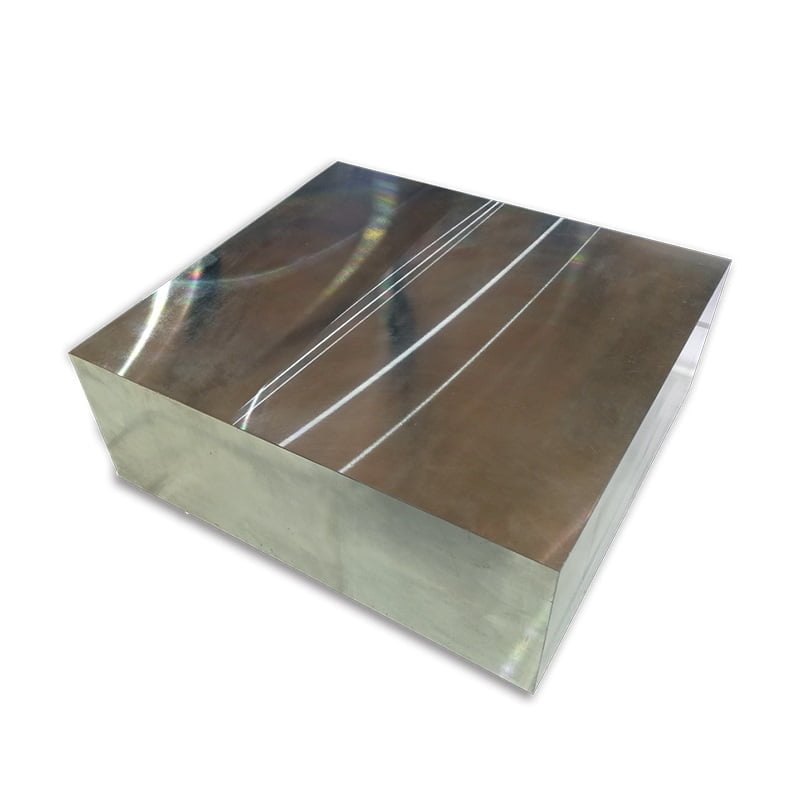5083 aluminum is a widely used alloy known for its excellent corrosion resistance, good weldability, and moderate strength. Here are some key properties and characteristics of 5083 aluminum:

- Corrosion Resistance: One of the standout features of 5083 aluminum is its exceptional resistance to seawater and industrial chemicals. This makes it highly suitable for marine applications where exposure to saltwater is common.
- Strength: 5083 aluminum offers decent strength, especially in the annealed condition. Its strength can be enhanced through cold working, but it is not as strong as some other aluminum alloys like 6061.
- Weldability: It has good weldability, which allows for various welding techniques to be used effectively without significant loss of mechanical properties.
- Machinability: While 5083 is machinable, it can present challenges due to its tendency to gum up and produce chips that are difficult to remove. Proper tool selection and cutting fluids are important for successful machining.
- Formability: It is readily formed by conventional methods such as bending and pressing. However, it does work-harden quickly and requires intermediate annealing to restore ductility.
- Applications: Common applications of 5083 aluminum include marine vessels (hulls, superstructures, gangways), automotive applications (fuel tanks, truck bodies), and structural components in construction and aerospace industries.
- Physical Properties:
- Density: 2.68 g/cm³
- Melting Point: 570-640°C (depending on alloying elements)
- Thermal Conductivity: 121-138 W/m·K
- Electrical Conductivity: 19-27% IACS (International Annealed Copper Standard)
- Alloying Elements: 5083 aluminum alloy typically contains additions of magnesium (Mg) and traces of manganese (Mn) and chromium (Cr), which contribute to its strength and corrosion resistance.
In summary, 5083 aluminum is valued for its combination of corrosion resistance, weldability, and moderate strength, making it a versatile material for various applications, particularly in marine environments and industries requiring resistance to harsh conditions.
